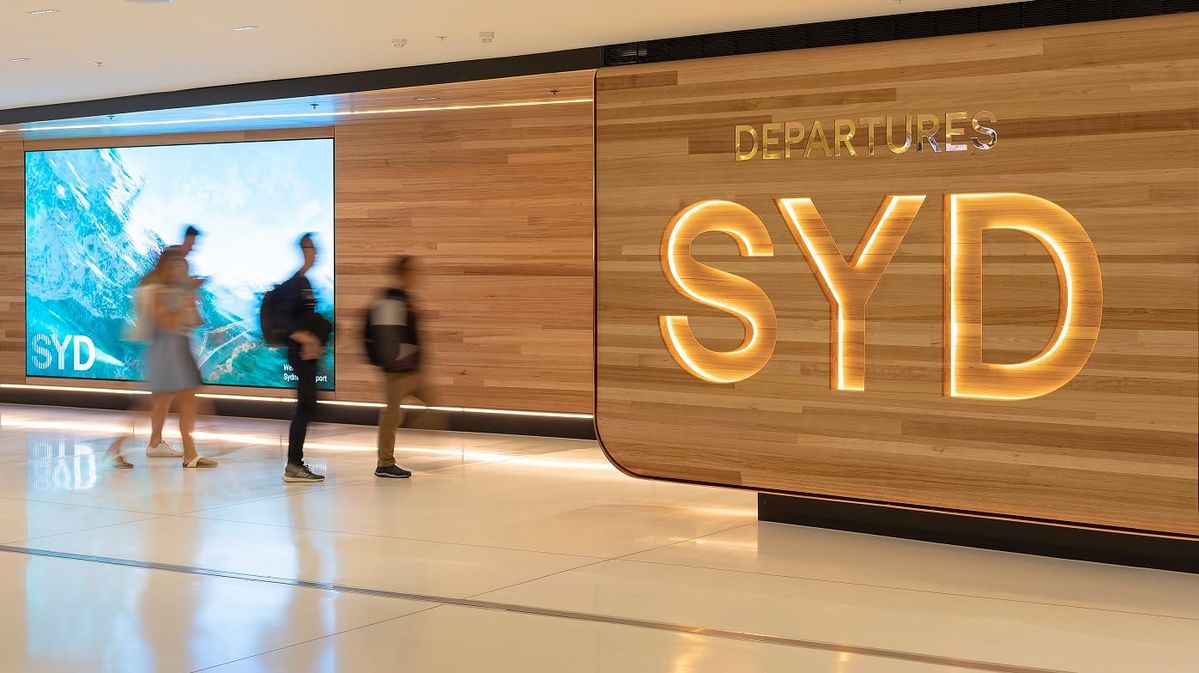Sydney Airport gets $16.7 bln buyout bid as investors take longer-term view on travel


A group of infrastructure investors has proposed one of Australia’s biggest-ever buyouts, a A$22.26 billion ($16.7 billion) purchase of Sydney Airport Holdings Pty Ltd, taking a longer-term view on the pandemic-battered travel sector.
The proposal comes as record-low interest rates prompt pension funds and their investment managers to chase higher yields. The purchase, with an enterprise value of A$30 billion including debt, would allow them to reap financial benefits when borders reopen and travel demand rebounds.
If successful, the purchase of Australia’s biggest airport would be one of the country’s largest-ever by enterprise value in U.S. dollar terms, on par with the $22 billion purchase of mall operator Westfield Group by Unibail-Rodamco in 2017, Refinitiv data showed.
It would also rank as the eighth-biggest deal globally this year and the second-largest airport purchase, behind the $30.2 billion buyout of Britain’s Heathrow Airport in 2006.
The Sydney Aviation Alliance – a consortium comprising IFM Investors, QSuper and Global Infrastructure Partners – has offered A$8.25 per Sydney Airport (SYD.AX) share, a 42% premium to the stock’s Friday close.
The news sent the stock up as much as 38% to A$8.04 in early Monday trade, though it later retreated to around A$7.55, indicating market uncertainty as to whether the deal will succeed.
Sydney Airport noted the offer was below its pre-pandemic share price and said it would review the proposal, which is contingent on granting due diligence and recommending it to shareholders in the absence of a superior offer.
The airport operator’s share price hit a record A$8.86 in January last year, before the novel coronavirus pandemic led to a collapse in travel demand.
SEEKING HIGHER YIELDS
The company is Australia’s only listed airport operator. A successful deal would bring its ownership in line with the country’s other major airports which are owned by consortia of infrastructure investors, primarily pension funds.
Australia’s mandatory retirement savings system, known as superannuation, has assets of A$3.1 trillion, according to the Association of Superannuation Funds of Australia.
With record-low interest rates, funds are looking at infrastructure investments for higher yields.
“It’s the right timing to be looking at these assets which have got a 75-year life when conditions are arguably at the bottom,” said a Sydney Airport investor who declined to be named because the person’s firm was still assessing the proposal. “It’s opportunistic in that regard, but understandable.”
Australia’s international borders are widely expected to remain closed until at least the end of the year due partly to a slower vaccination programme than in most developed countries. read more
Domestic travel has also been disrupted by a two-week lockdown in Sydney during the normally busy school holiday period, after an outbreak of the highly contagious Delta variant of COVID-19. Other states have closed borders to Sydney residents.
In May, Sydney Airport’s international traffic was down more than 93% versus the same month of 2019, while domestic traffic was down 39.2%. read more
The airport has long held a monopoly on traffic to and from Australia’s most populous city, but that is due to end in 2026 with the opening of Western Sydney Airport.
Sydney Aviation Alliance said it did not anticipate making substantive changes to the airport’s management, services, operations or target credit ratings.
IFM holds stakes in major airports in Melbourne, Brisbane, Perth and Adelaide. QSuper owns a stake in Britain’s Heathrow Airport whereas Global Infrastructure is invested in that country’s Gatwick and London City airports.
Their offer is contingent on UniSuper, Sydney Airport’s largest shareholder with a 15% stake, agreeing to reinvest its equity interest for an equivalent equity holding in the consortium’s vehicle.
UniSuper, which also holds stakes in Adelaide and Brisbane airports, said it was not a consortium partner nor privy to any details outside information disclosed publicly.
“UniSuper does however, in-principle, see merit in Sydney Airport being converted from a publicly listed company to an unlisted company. UniSuper also has a favourable view of the consortium partners,” the fund said.
Source: Reuters




